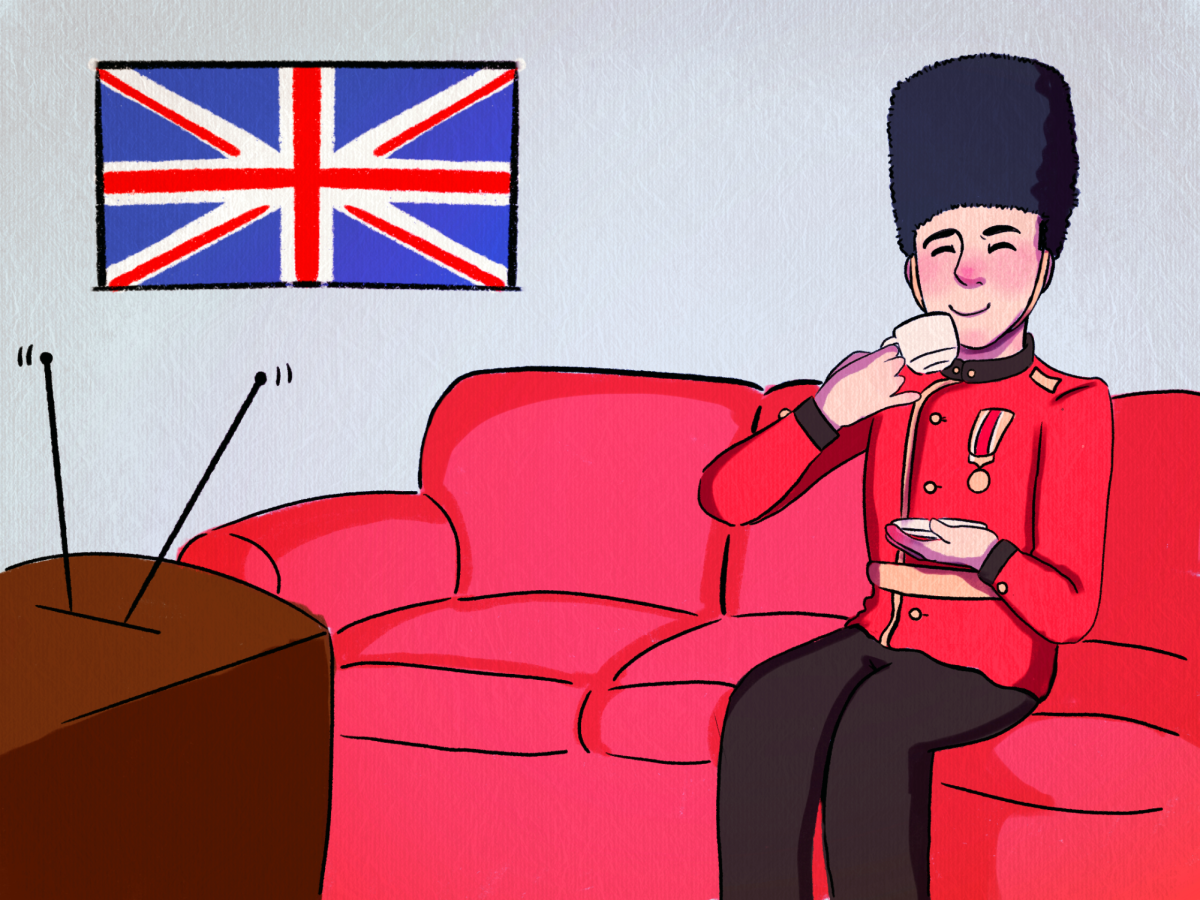Too often, my colleagues or friends pale when the dreaded subject of “”politics”” emerges in conversation. Some are inclined to change the topic or resign themselves to the realm of apathetic “”neutrality.”” But how far can one take this idea before compromising one’s humanity?
An October 1968 New York Times article titled “”A linguistics expert believes that academicians should also be activists”” provides a very illuminating anecdote from dissident intellectual Noam Chomsky: “”‘Should universities be ivory towers?’ a visitor asked (Chomsky) recently. ‘That’s like asking “”should professors be human beings?””‘ he replied. ‘If they’re not human beings, they shouldn’t be professors. I don’t see how a civilized human being in the United States cannot be involved in issues which are tearing society apart, and which could destroy the world’.””
In my own field of literature, too many of my peers want to keep their heads in books, trying to get in the heads of their favorite authors, rather than busy themselves with the issues of society that, in their view, are of no concern or consequence.
But what of those authors, the sacred literati of the “”classics”” whose works we’re taught to study and revere? We’re taught to analyze and memorize their texts, but what of their actions as human beings in times of turmoil?
By the late 19th century, the labor movement in the United States had grown to unprecedented levels and some heroes of classical literature stepped forward to act in solidarity with workers and labor rights activists. In 1886, amidst government violence against workers who were organizing themselves across the United States to win an eight-hour work day, acclaimed playwright George Bernard Shaw helped lead an international campaign to support eight anarchist leaders in Chicago on murder trial for a crime they didn’t commit. After the anarchists were convicted and sentenced to death, their appeals were denied by the Illinois Supreme Court. Shaw then wrote a letter to the court justices: “”If the world must lose eight of its people, it can better afford to lose the eight members of the Illinois Supreme Court.””
A generation earlier, in 1846, the U.S. invaded Mexico on a wave of assumed racial superiority, militarism and avarice for the perceived glory lands of the Southwest. Renowned writers such as Ralph Waldo Emerson and Henry David Thoreau represented a group of conscientious Americans who opposed their government’s actions against their southern neighbors. Thoreau was actually jailed for refusing to pay his state poll tax that would go toward supporting the war.
Although Emerson agreed with his friend in protest of the war, he was not prepared to make the same sacrifices as Thoreau. Reportedly, when Emerson visited Thoreau in jail, he asked, “”What are you doing in there?”” Thoreau replied: “”What are you doing out there?””
Given the current climate of state crimes in Arizona today, on what side of history do students of the so-called humanities stand?
For example, this week marks the next public meeting of the Arizona Board of Regents, the institutional body that governs the perimeters of our education as well as those of ASU and NAU. The board continues to comply with the criminal state political currents responsible for repressive attacks on migrant communities and people of color — namely on culture and education (H.B. 2281, the “”ethnic studies”” law), public welfare (H.B. 2008 – which mandates Department of Economic Security workers to report to Immigration and Customs Enforcement undocumented parents who claim welfare benefits for their children born in the United States), and public safety (S.B. 1070, the draconian anti-illegal immigration “”show me your papers”” law). The board of regent’s continuing silence on these matters of life and death is intolerable.
But in a way, their silence is our silence. Living in the most free society in the world, none of us who enjoy various citizenship and racial privileges can plead “”fear”” but only cowardice for doing nothing to help stop these attacks — least of all pressuring the board to take a public stand in defense of human rights.
To claim “”neutrality”” is to surrender to the social and political forces of the day without offering one’s own contribution to helping change things, especially those that are abhorrent and abominable.
We are in critical times that demand creating a history of which we can be proud, for ourselves and for our grandchildren.
— Gabriel Matthew Schivone is an undergraduate of Prescott College majoring in British and American literature and media studies.








